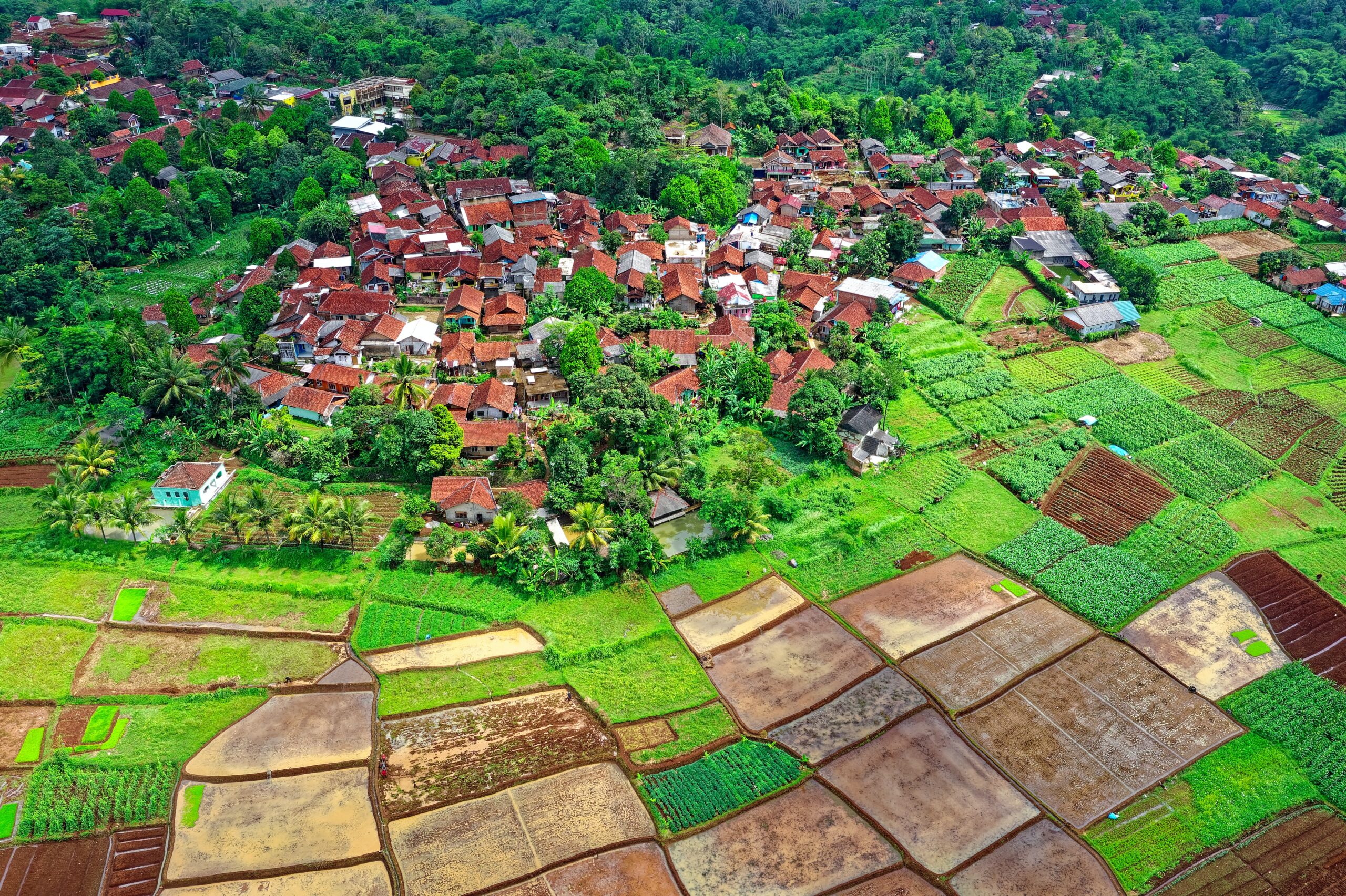
Representation of the Parties in Mediated Negotiation Processes
27 November 2022 Blogsphere / Latest News / Newsfeed 0 CommentRepresentatives of the conflicting parties are required in each mediation of agrarian or natural wealth conflicts. Representation is necessary since the conflicts are generally concerning the interests of various parties whose number can be quite large, while it is practically impossible to involve them directly in negotiations. Representatives who are […]
Read More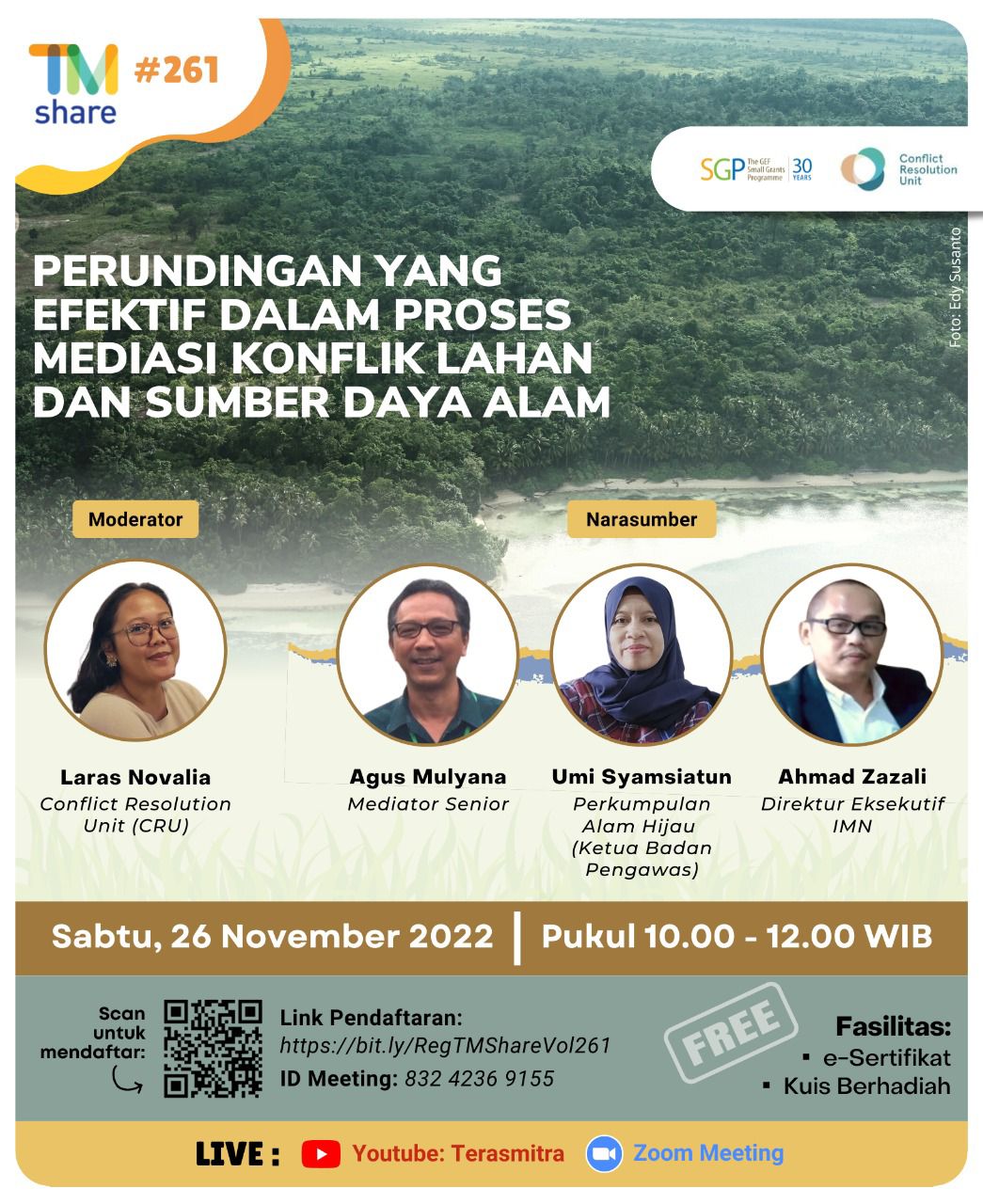
Effective Negotiations in the Mediation Process of Land and Natural Resource Conflicts
24 November 2022 Latest News / Newsfeed 0 CommentConflict over land and natural resources is an important problem faced in Indonesia. The cause of the emergence of conflicts in the management of natural resources is the wealth of natural resources and the increasingly limited carrying capacity of the environment. In addition, it is also caused by inequality in […]
Read More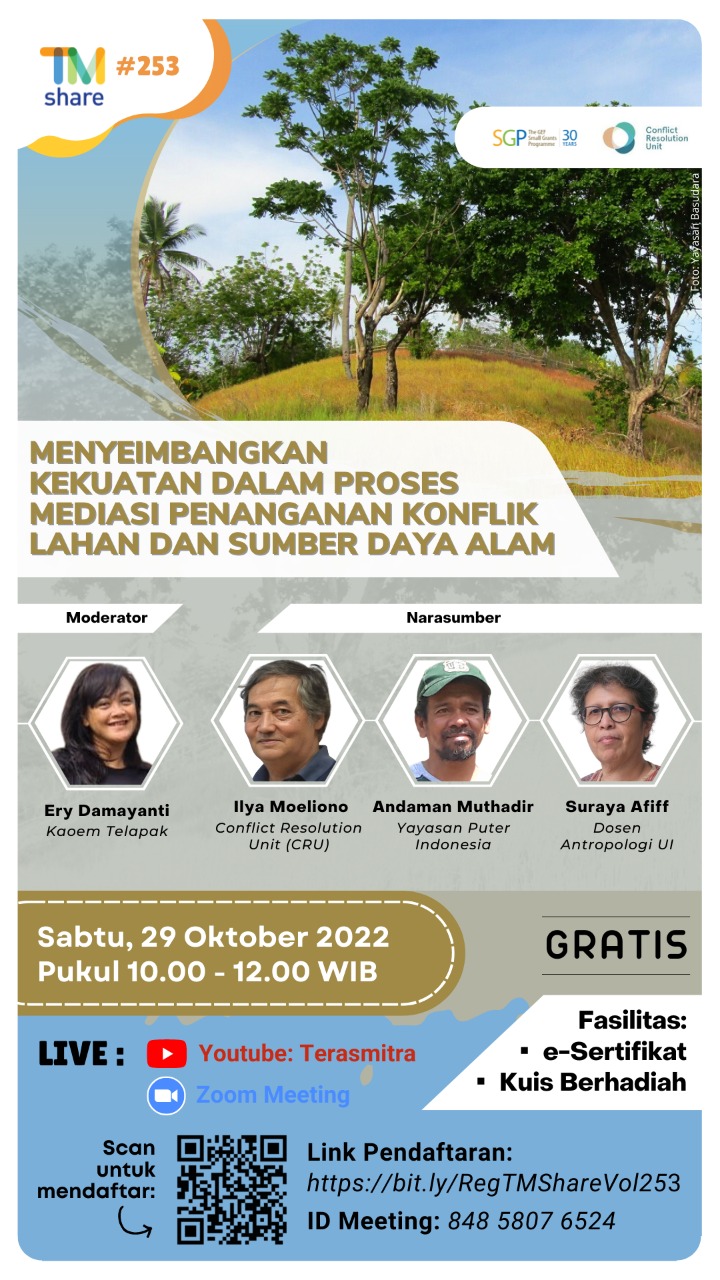
Save the Date: Balancing Powers in the Mediation Process for Handling Conflicts Over Land and Natural Resources
27 October 2022 Latest News / Newsfeed 0 CommentBalancing the strengths of the parties is one of the important elements in conflict handling, especially in mediation. A balanced position is indeed difficult to obtain in the mediation process. However, at least the mediator can reduce those gap. How do mediators balance power? And what factors cause the gap […]
Read More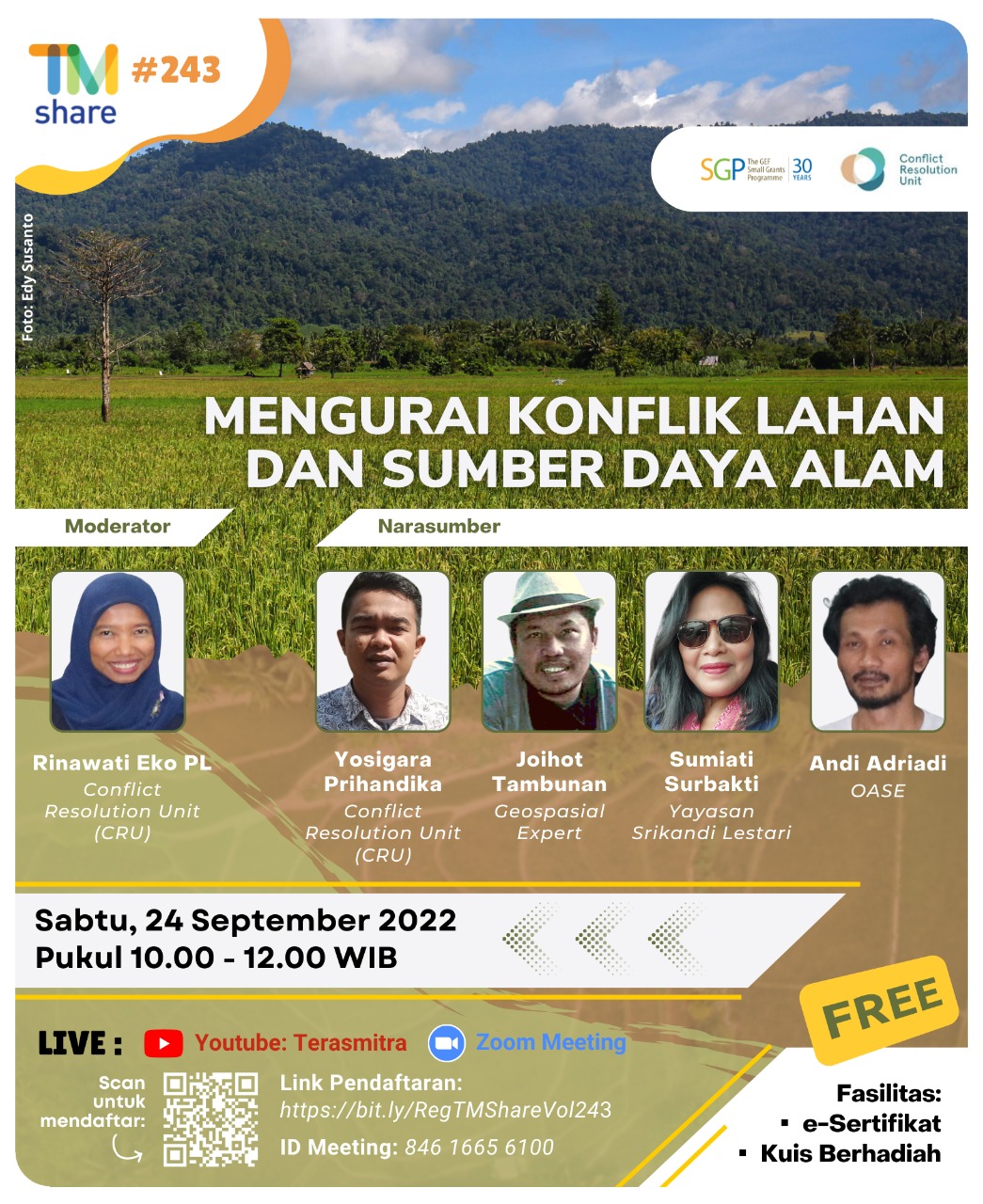
Save the Date: Unraveling Land and Natural Resources Conflicts
27 September 2022 Latest News / Newsfeed 0 CommentIn dealing with land and natural resource conflicts, it is necessary to carry out a process to unravel the conflict. Unravel the conflicts is one of the most important components in the process of resolving conflicts over land and natural resources. Because by unraveling the conflict, the root cause of […]
Read More
Reporting Conflicts in a Targeted Manner
28 July 2022 Blogsphere / Latest News / Newsfeed 0 CommentWe could certainly agree that if there is a conflict and the conflict becomes an obstacle to production, whether it is farming by communities or plantation production activities by companies, the conflict must be dealt with immediately. Regardless the production activity, the results will be more optimal if those could […]
Read More
Community Facilitator Organizations in Agrarian and Natural Resource Conflicts Advocacy, Mediation, Spokesperson, or Facilitator?
24 May 2022 Blogsphere / Latest News / Newsfeed 0 CommentWhile handling agrarian and natural resource conflicts, CRU often interacts with community facilitators. In most cases, the facilitators are not local residents, but people from outside the area who came to facilitate the community in a community empowerment program or project. The field facilitators assist the community the processes of […]
Read More
Why We Need Representatives in Negotiations/Mediation?
26 April 2022 Blogsphere / Latest News / Newsfeed 0 CommentWhen a land and natural resource conflict erupts and will soon be resolved, often a government agency or a non-governmental organization initiates deliberations or negotiations and invites the parties to directly begin negotiations. The parties immediately sent their representatives. Who are those representatives? In a simple dispute there is no […]
Read More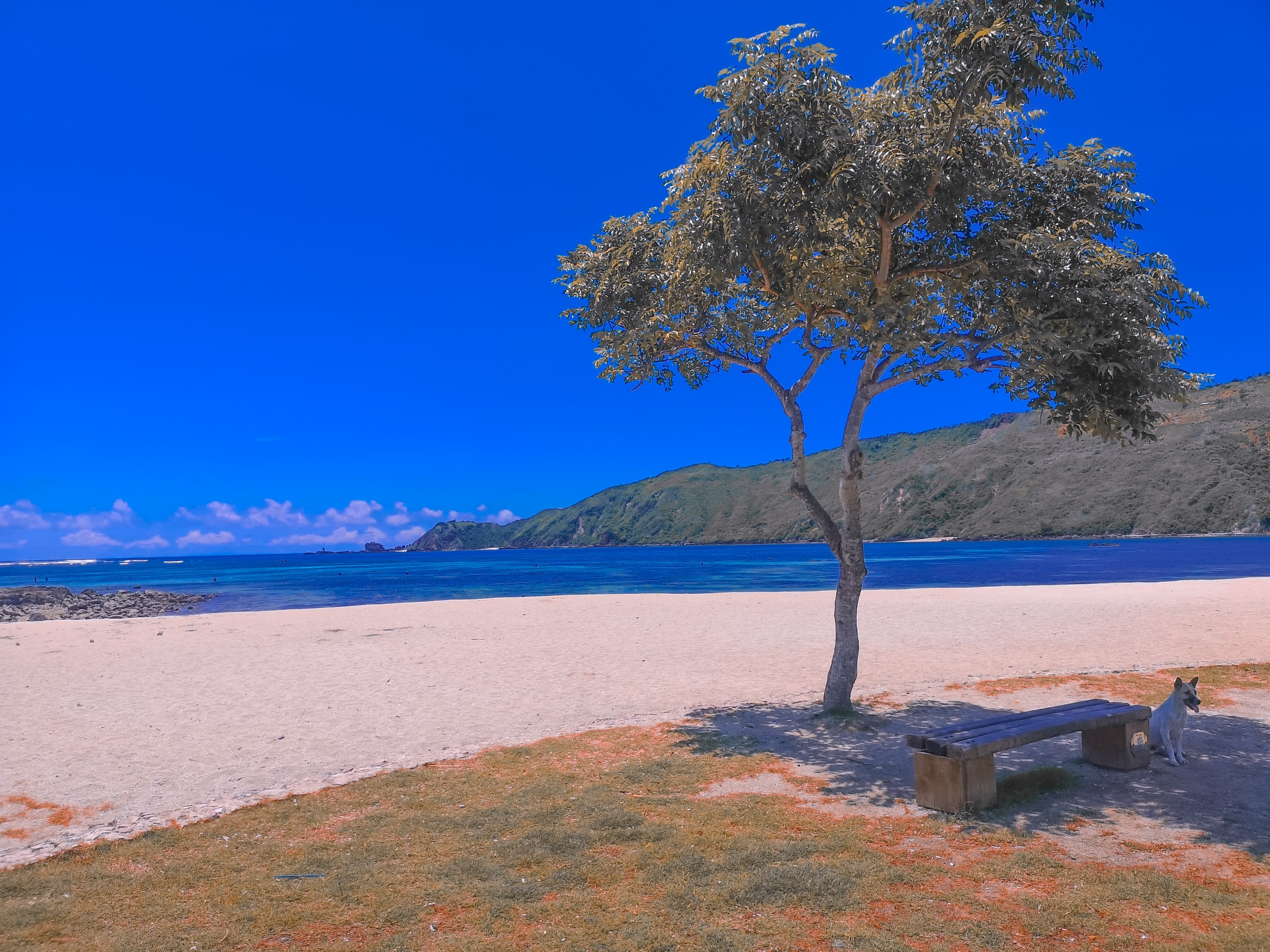
A Geospatial Perspective in Handling Agrarian Conflicts
30 March 2022 Blogsphere / Latest News / Newsfeed 0 CommentThe first step in any effort to handle agrarian conflicts is to understand well the object of the conflict. For this reason, geospatial analysis is one of the tools used by the CRU in every conflict to provides geospatial information in the form of the location of the object of […]
Read More
A Conflict Sensitive Approach in Realizing the G20 Agenda
27 February 2022 Blogsphere / Latest News / Newsfeed 0 CommentThe year 2022 started with news about the election of Indonesia to hold the Presidency of G20. This is very meaningful because the G20 is a multilateral forum consisting of 19 major countries and the European Union (EU) which represents more than 60% of the world’s population, 75% of global […]
Read More
How Can Peace Agreements Be Implemented and Lasting?
25 January 2022 Blogsphere / Latest News / Newsfeed 0 CommentIf we ask the mediators, what is the measure of success for mediation or negotiation? One of the common answers is to reach a peace agreement, and perhaps an agreement to cooperate. The answer is certainly not wrong. However, CRU found, after going through the mediation process and the parties […]
Read More